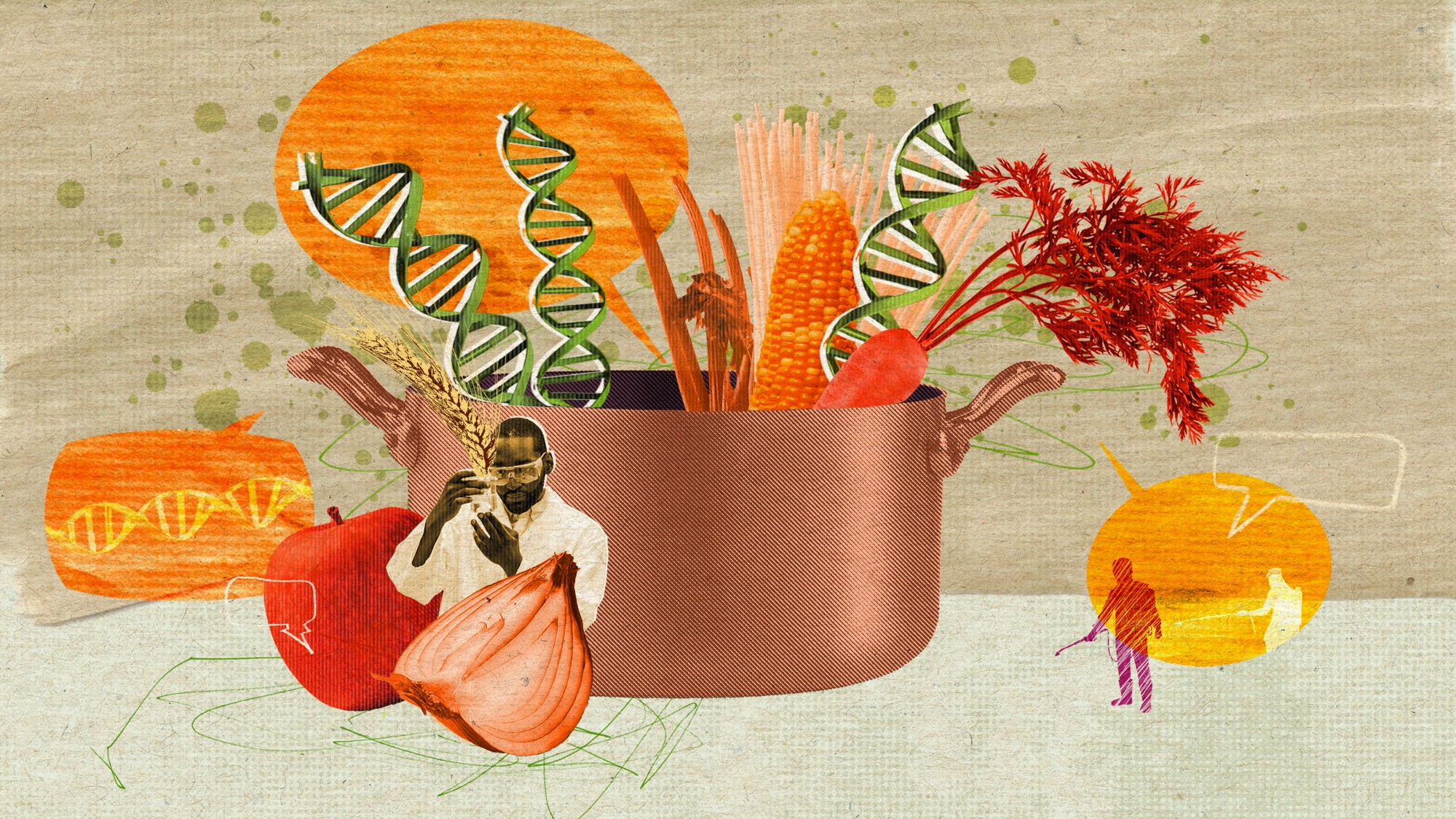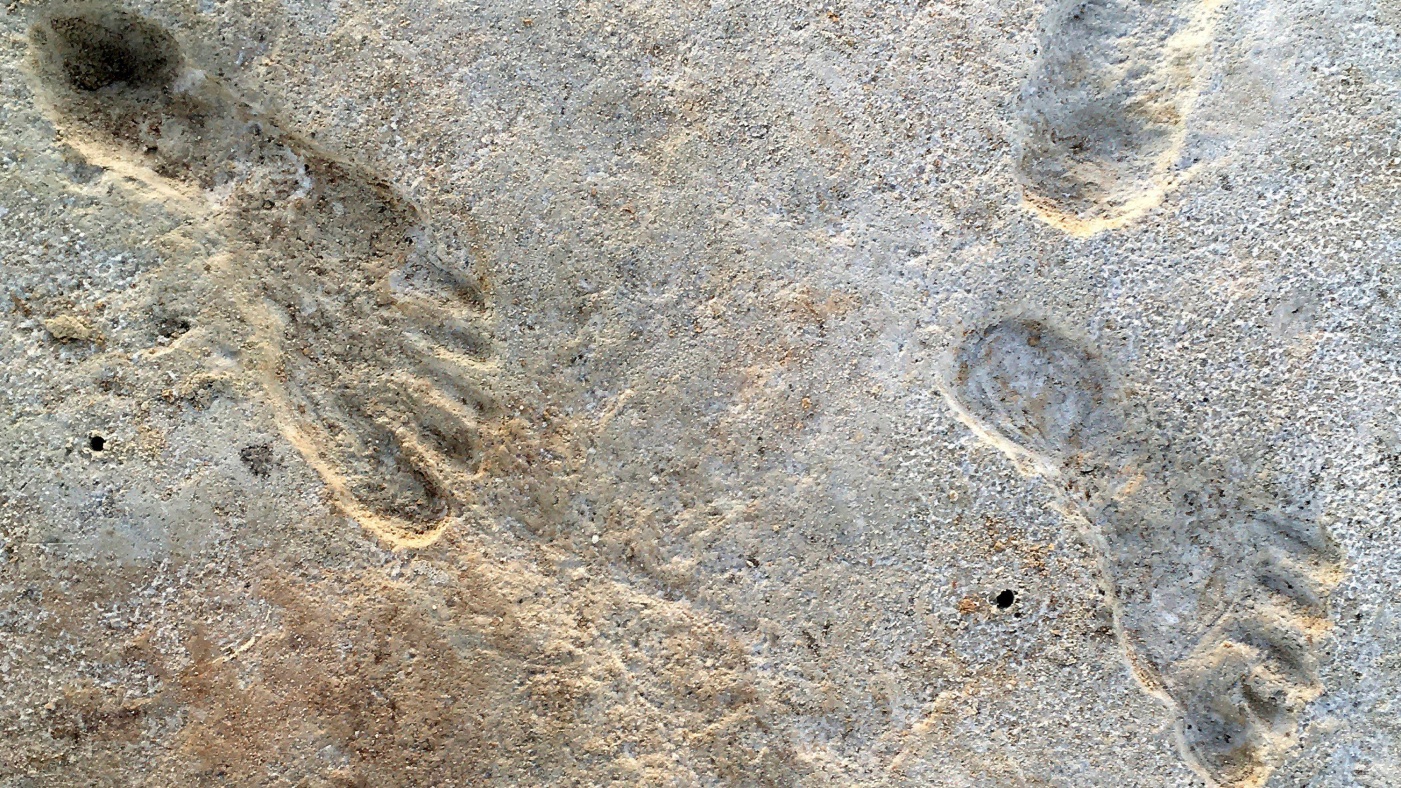Are left-handed people genetically smarter?
Variants in newly identified gene show differences in brain structure which could result in better verbal skills

A free daily email with the biggest news stories of the day – and the best features from TheWeek.com
You are now subscribed
Your newsletter sign-up was successful
Scientists have identified the genetic difference associated with left-handedness, which might lead to left-handed people having better verbal skills than the right-handed majority, but also a higher likelihood of developing schizophrenia.
Studies on twins have already revealed genetics - the DNA inherited from parents - has some role to play in which hand is dominant, but now a new DNA study of 400,000 people, conducted by the University of Oxford and published in the journal Brain, is the first to identify which genetic variants separate lefties from righties.
“Being left-handed has often led to a raw deal,” says BBC health and science correspondent James Gallagher.
The Week
Escape your echo chamber. Get the facts behind the news, plus analysis from multiple perspectives.

Sign up for The Week's Free Newsletters
From our morning news briefing to a weekly Good News Newsletter, get the best of The Week delivered directly to your inbox.
From our morning news briefing to a weekly Good News Newsletter, get the best of The Week delivered directly to your inbox.
“In many cultures being left handed is seen as being unlucky or malicious and that is reflected in language,” said Professor Dominic Furniss, a hand surgeon at Oxford's Nuffield Department of Orthopaedics, Rheumatology, and Musculoskeletal Science. and author on the report. In French, “gauche” can mean “left” or “clumsy”. In English, “right” also means “to be right”.
In fact, the trait, found in 10% of the human population, results in differences in brain structure that could suggest a potential correlation between left-handedness and superior verbal skills, said Akira Wiberg from Oxford University who worked on the study.
“This raises the intriguing possibility for future research that left-handers might have an advantage when it comes to performing verbal tasks,” he said, although he stressed “it must be remembered that these differences were only seen as averages over very large numbers of people and not all left-handers will be similar”.
Douaud told CNN, the research indicated that in left-handed people, “the left and right sides of the brain communicate in a more coordinated way”, meaning there is a higher synchronisation of the natural oscillations of your brain particularly in the regions dedicated to language.
A free daily email with the biggest news stories of the day – and the best features from TheWeek.com
“One of the most remarkable features of human motor control is that 90% of the population has had a preference for using their right hand over the left since at least the Paleolithic period, and this skew in distribution of handedness is a uniquely human trait,” write the authors in Brain.
They go on to say that “it is widely believed that the lateralisation of language in the left hemisphere accounts for the evolution of right-handedness in the majority of humans”.
The research also seems to support well-established associations between left-handedness and several neurodevelopmental disorders; in particular, the likelihood of developing schizophrenia or Parkinson's disease.
“It has long been known that there are slightly more left-handers among patients with schizophrenia than the general population. By contrast, there are slightly fewer left-handers with Parkinson's disease than the general population”, says Furniss.
The new research, Furniss said, “suggests that these diseases, along with handedness, are the product of fundamental differences in brain development, some of which is driven by genes.”
Yet this is far from the full story says the BBC.
“The best guess is handedness is 25% genetic and 75% down to the environment (anything that’s not in the genes). Yet this study has found only the first 1% of that genetic component and only in a British population,” writes Gallagher.
“So, much more work is needed to understand the genetic component of handedness in people across the globe, never mind what the huge environmental effects are, and then piece together how those elements result in people being either left or right handed,” he adds.
-
 How the FCC’s ‘equal time’ rule works
How the FCC’s ‘equal time’ rule worksIn the Spotlight The law is at the heart of the Colbert-CBS conflict
-
 What is the endgame in the DHS shutdown?
What is the endgame in the DHS shutdown?Today’s Big Question Democrats want to rein in ICE’s immigration crackdown
-
 ‘Poor time management isn’t just an inconvenience’
‘Poor time management isn’t just an inconvenience’Instant Opinion Opinion, comment and editorials of the day
-
 How mice with two dads bring us closer to two men having a child of their own
How mice with two dads bring us closer to two men having a child of their ownThe Explainer Science breakthrough produces healthy, fertile mice from two sperm cells and an empty egg
-
 Scientists want to regrow human limbs. Salamanders could lead the way.
Scientists want to regrow human limbs. Salamanders could lead the way.Under the radar Humans may already have the genetic mechanism necessary
-
 Breakthrough gene-editing treatment saves baby
Breakthrough gene-editing treatment saves babyspeed read KJ Muldoon was healed from a rare genetic condition
-
 Argentina's gene-edited horses
Argentina's gene-edited horsesUnder the Radar Scientists in the polo-obsessed nation have produced world's first genetically edited horses, designed to outrun champion mare whose DNA they (mostly) share
-
 The pros and cons of GMOs
The pros and cons of GMOsPros and Cons The modified crops are causing controversy
-
 The de-extinction process to bring woolly mammoths back to life
The de-extinction process to bring woolly mammoths back to lifeUnder the Radar Biotechnology start-up's stem cell research brings possibility of genetically engineered species a step closer
-
 The new research changing what we know about the first Americans
The new research changing what we know about the first AmericansUnder the radar Humans may have reached the Americas thousands of years earlier than previously thought
-
 Richard Branson’s Virgin Galactic and Jeff Bezos’s Blue Origin: the new space race?
Richard Branson’s Virgin Galactic and Jeff Bezos’s Blue Origin: the new space race?Speed Read Branson has declared space open for business. Is that still a pie in the sky?